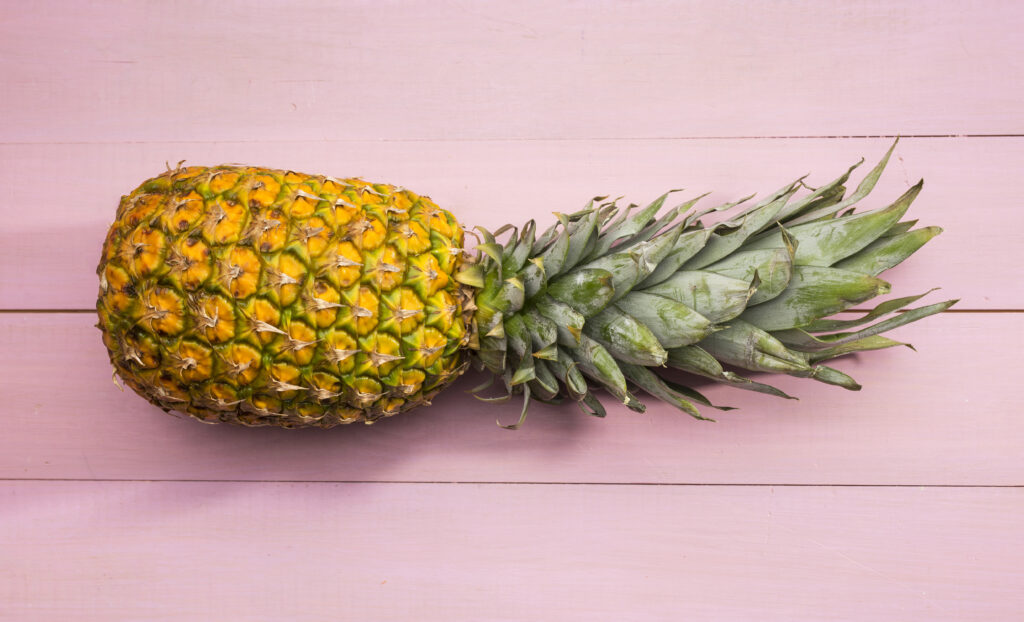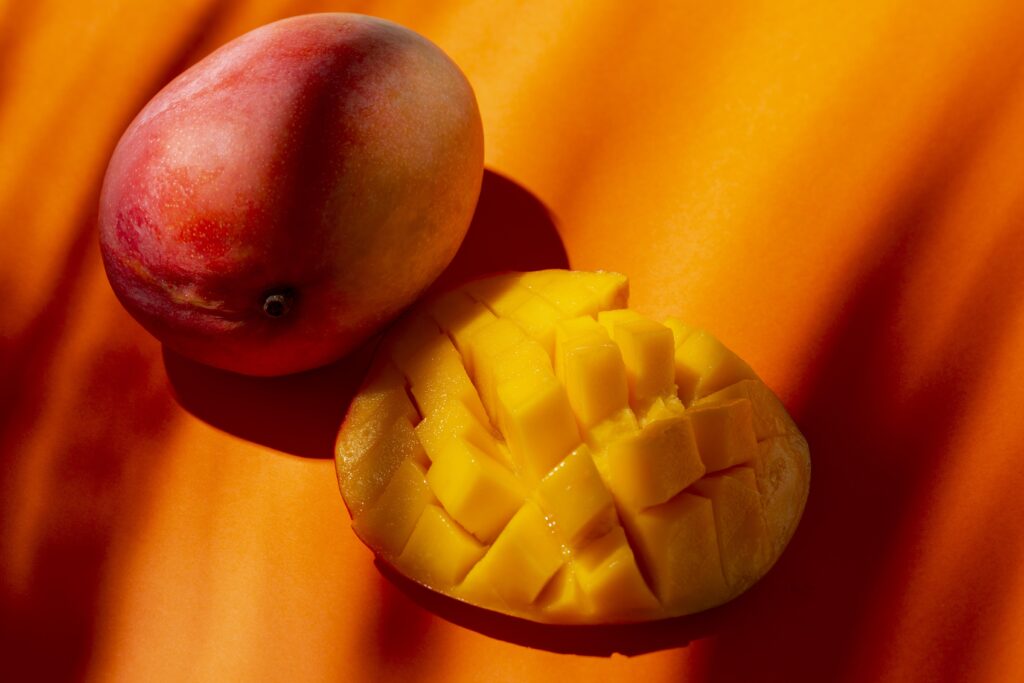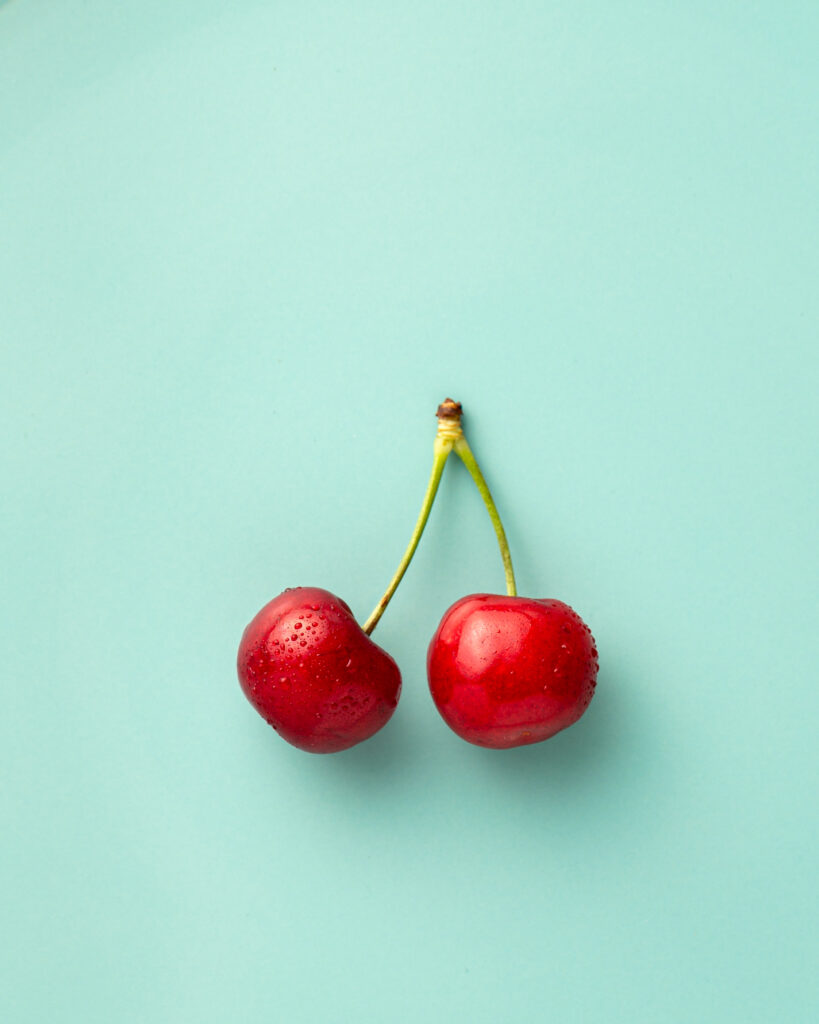
Living with diabetes means paying close attention to your diet, especially when it comes to fruit. While fruits are packed with vitamins and nutrients, certain high sugar fruits can wreak havoc on blood sugar control. In this post, we’ll delve into why some fruits can be harmful for diabetics, highlighting five specific fruits that may not fit into a diabetic-friendly diet.
The topics we will cover include:
- An overview of why high sugar fruits can be problematic for blood sugar control.
- Detailed look into specific fruits to avoid such as:
- Grapes
- Bananas
- Pineapples
- Mangos
- Cherries
- Tips for managing diabetes with diet.
- Insights into diabetic-friendly fruits and how to ensure healthy eating for diabetes.
Stay tuned as we dive deeper into diabetic nutrition and the best ways to maintain a balanced, health-conscious lifestyle.
Why Some Fruits Can Be Harmful for Diabetics
Understanding why certain fruits can be detrimental for diabetics is crucial. Fruits high in sugar can lead to spikes in blood sugar levels, which is risky for diabetes management. The glycemic index (GI) is a tool that ranks foods based on how they affect blood sugar. High glycemic index fruits are quickly absorbed, causing rapid increases in blood glucose levels. For those managing diabetes with diet, it’s imperative to know which high sugar fruits fall into this category.
Grapes: A High Sugar Fruit to Watch Out For
Grapes, though small and seemingly innocent, pack a punch when it comes to sugar content. Just a handful can significantly raise blood sugar levels. The high sugar content in grapes means they have a high glycemic index. For individuals focused on blood sugar control, it’s essential to monitor your intake of grapes or consider avoiding them altogether. When considering fruits to avoid with diabetes, grapes should be near the top of the list due to their impact on blood glucose.
Bananas: Why This Popular Fruit May Not Be Ideal
Bananas are loved worldwide for their convenience and taste, but they aren’t the best choice for diabetics. Bananas contain a considerable amount of natural sugars, primarily as fructose. While they offer nutritional benefits, such as potassium and vitamin C, their high sugar content makes them a food to avoid with diabetes. Overripe bananas, in particular, have an even higher glycemic index, leading to quicker spikes in blood sugar levels. Managing diabetes with diet means making tough choices, and bananas might need to be one of them.
Pineapples: The Sweet Fruit with Hidden Risks
Pineapples are tropical delights known for their sweet and tangy flavor. However, this deliciousness comes with a price. Pineapples have a high sugar content and can be quite harmful to those trying to maintain steady blood sugar levels. The glycemic index of pineapples is on the higher side, which translates to faster absorption and potential glucose spikes. For optimal blood sugar control, it’s beneficial to either limit your pineapple intake or avoid it entirely if you have diabetes.
Mangos: Delicious but Dangerous for Blood Sugar Control
Mangos are often hailed as the king of fruits due to their sweet, juicy flavor and abundant nutritional benefits. However, for diabetics, mangos can be a double-edged sword. Mangos have a high sugar content, which can be problematic for maintaining blood sugar levels. Their glycemic index is moderately high, meaning they can cause undesirable blood sugar spikes. For those focused on diabetic nutrition, it’s wiser to enjoy mangos in very small quantities or consider alternative diabetic-friendly fruits.
Cherries: A Small Fruit with Big Sugar Impact
Cherries might appear as ideal bite-sized snacks, but they pack more sugar than one might expect. Despite their small size, cherries have a high sugar content, making them one of the high glycemic fruits to be cautious of. The natural sugars in cherries can quickly elevate blood glucose levels, making them less than ideal for a diabetes diet. If you must indulge, opt for a few cherries and balance them with low-glycemic, diabetic-friendly fruits to mitigate the impact.
Managing Diabetes with Diet: Tips and Alternatives
Navigating the world of fruits to avoid for diabetes might seem daunting, but there are ways to enjoy fruits without compromising blood sugar control:
- Choose Low-Glycemic Fruits: Opt for fruits like berries, apples, and pears. These fruits tend to have lower sugar content and a lower glycemic index, making them better suited for blood sugar management.
- Watch Portion Sizes: Even diabetic-friendly fruits should be consumed in moderation. Keeping portions small can help manage overall sugar intake.
- Pair with Protein or Fiber: Combining fruits with a source of protein or fiber can slow down the absorption of sugars, leading to steadier blood glucose levels. For example, enjoy an apple with some almond butter or pair berries with a serving of Greek yogurt.
- Monitor Your Blood Sugar: Keep track of your blood sugar levels before and after consuming certain fruits to understand their effects on your body. This personalized approach helps in making informed dietary choices.
Adopting these practices ensures that even while managing diabetes, you can still enjoy the benefits of fruits without the associated risks.
Navigating a diabetes-friendly diet doesn’t mean you have to eliminate all fruits, but it does require making informed choices. By understanding which fruits to avoid if you have diabetes, such as grapes, bananas, pineapples, mangos, and cherries, you can better manage your blood sugar levels. Prioritizing low glycemic index fruits, keeping an eye on portion sizes, and balancing your diet with protein and fiber can make a significant difference. Healthy eating for diabetes is all about finding the right balance to enjoy the benefits of fruits while maintaining optimal blood sugar control. Always consult with your healthcare provider to tailor your diet to your specific needs and to ensure you’re making the healthiest choices for your diabetes management.



